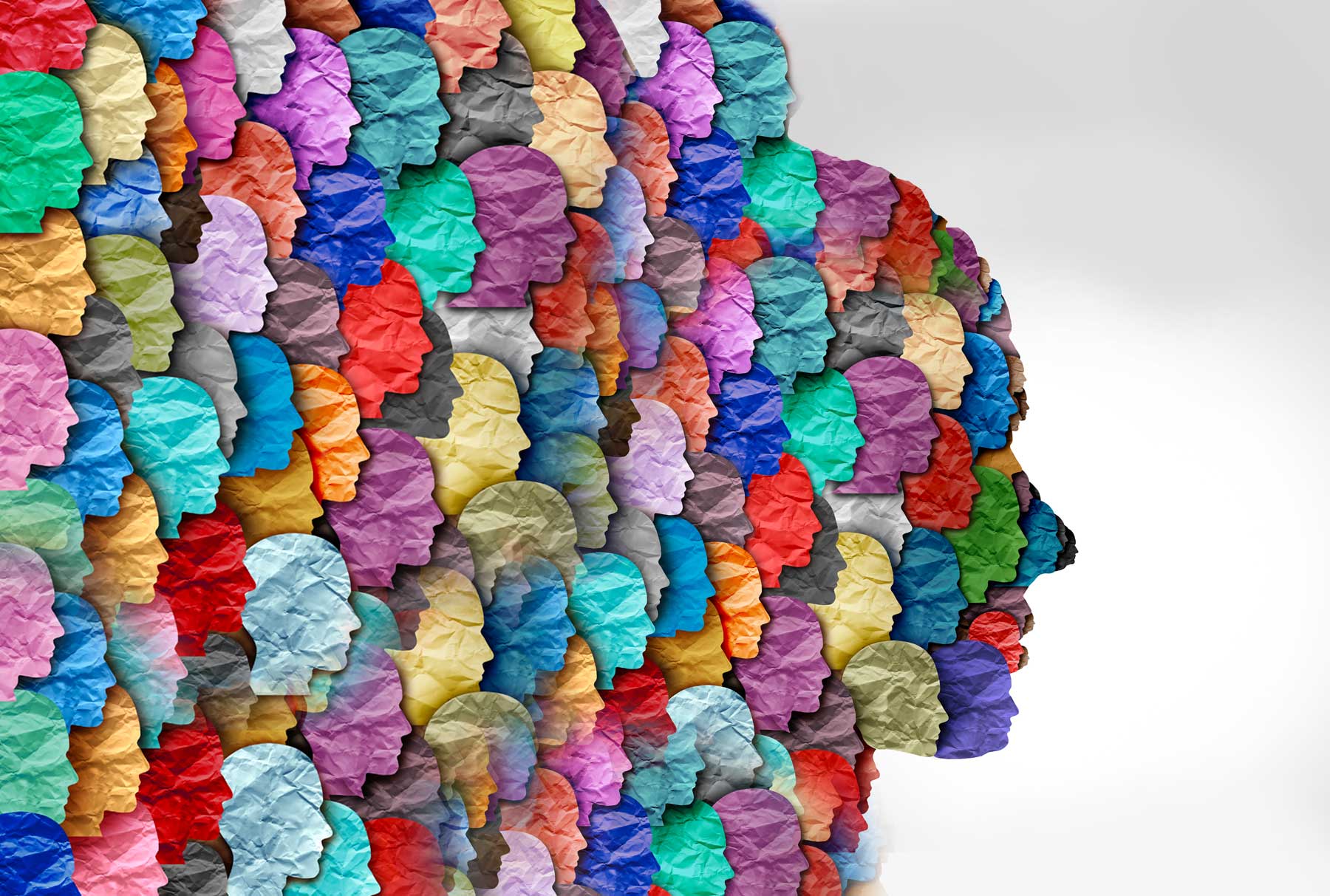Identities, Embodiments and Selves
We explore the complexities embedded in the production, maintenance and transgressions of social identities and modes of embodiment.
About
The focus of this research cluster is to theoretically and empirically explore the complexities embedded in the production, maintenance and transgressions of social identities and modes of embodiment.
Sociology here has had a long term interest – in both research and teaching – in specific areas of identity formation and politics. For example, several of us are well known for our work on gendered and sexual identities. Reflecting shifts in broader social theory (and making a contribution to it) we are increasingly interested in bodies and embodiment, in some aspects connected to gender and sexualities, but also linked to other aspects of lived experience and social regulation and resistance.
Research focus
These broad areas reflect the diverse interests of cluster members, both in Sociology and those affiliated within other disciplines and other universities, who have particular interests in how identity, the body and everyday experience intersect with a wide range of human experiences and social organisation. These include:
- social class
- community
- youth
- ageing
- disability
- healthcare, health and life sciences
- family identities
- national and regional identities
- ethnicities
- media
- mobilities and travel
- religion
Cluster members
Cluster members themselves undertake work across a range of countries.
Colleagues have conducted original theoretical and empirical research on identity in relation to social class; youth cultures and urban space; disabilities and adult transitions; regional identities; ethnicity and youth; masculinities/femininities; communities; parenting and the family.
Several members of the cluster work on identity, the body and experience in the context of health and the life sciences, such as identities produced through various new reproductive and genetic technologies, reproductive loss and bereavement; embodiment in obesity and disability, experiences in death and dying, and the professional-user relationship in healthcare.
Working with local communities
Although much of our work is international in focus, many cluster members engage and work with those communities that are based in the region.
We have a further strand of work extending theoretical development by considering embodiment and identity, and their complex relationship to inequality, with a particular focus on the North-East of England. Previous work in this area has explored:
- youth cultures
- urban change and identities within the night time economy in the region
- lesbian and gay urban and rural lives in Teesside
- the identities of men of Irish descent in post-industrial Tyneside
Similarly group members are interested in the interrelationships between citizenship, embodiment and participation in the culture of scientific research in the North-East. For example, the recruitment of local people to donate body parts to scientific and clinical research and for treatment.
